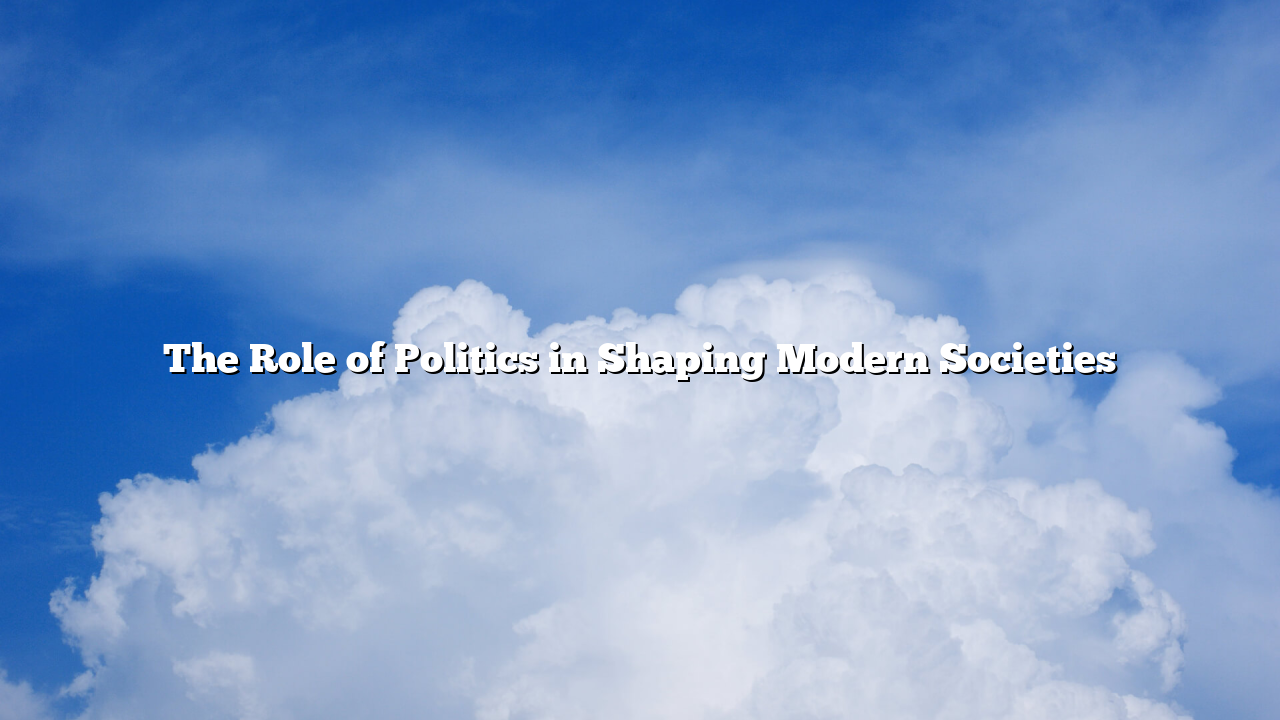Politics plays a vital role in shaping the structure, values, and direction of modern societies. It governs the distribution of power, the making of laws, and the allocation of resources. From local governance to international diplomacy, political systems influence nearly every aspect of daily life. Whether through democratic elections or centralized authority, politics determines how societies organize themselves, respond to challenges, and pursue progress.
At its core, politics is about power — who holds it, how it is acquired, and how it is used. In democratic systems, power is derived from the people, who vote for representatives to make decisions on their behalf. These systems prioritize transparency, accountability, and participation. On the other hand, authoritarian regimes consolidate power in the hands of a few, often limiting civil liberties and ugbet88 political freedoms. Both systems aim to maintain order and achieve national objectives, but they differ greatly in methods and outcomes.
One of the most critical functions of politics is policy-making. Governments craft policies to address public needs, such as healthcare, education, infrastructure, and national security. The political ideology of those in power often shapes these policies. For example, a conservative government may prioritize free-market economics and traditional values, while a progressive government may focus on social welfare, environmental protection, and inclusivity. Debates in parliaments or congresses reflect these ideological differences and are essential for a healthy democracy.
Political stability is another important factor that affects development. Stable political systems encourage investment, innovation, and social harmony. In contrast, political instability — characterized by corruption, frequent leadership changes, or civil unrest — can hinder progress and damage public trust. For this reason, many nations prioritize institutional strength, rule of law, and peaceful transitions of power to ensure long-term stability.
Globalization has also transformed the political landscape. International organizations like the United Nations, World Trade Organization, and regional alliances such as the European Union or ASEAN influence domestic policies and foster cooperation among nations. Issues like climate change, terrorism, and pandemics require joint political efforts beyond national borders. Consequently, diplomacy and international relations have become crucial tools in modern politics.
However, modern politics is not without its challenges. The rise of misinformation, political polarization, and populism has led to increased division and mistrust in many democracies. Social media, while providing platforms for engagement, has also amplified false narratives and political manipulation. Ensuring informed citizenship, media literacy, and transparent communication is essential to counter these threats.
In conclusion, politics is more than just elections and party rivalries. It is the foundation upon which societies are built and governed. While it can be a source of conflict, it also holds the potential for cooperation, justice, and progress. Citizens must remain engaged, informed, and critical to ensure that politics serves the common good rather than narrow interests. The future of any nation depends largely on the quality and integrity of its political system.
